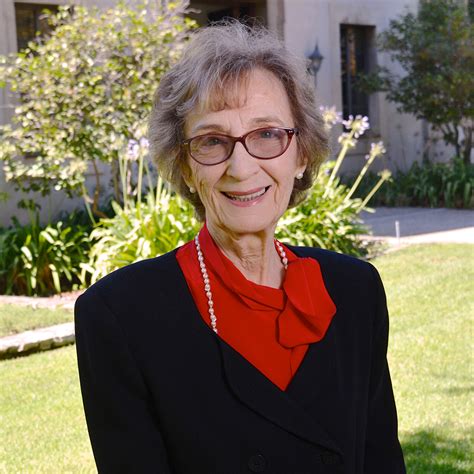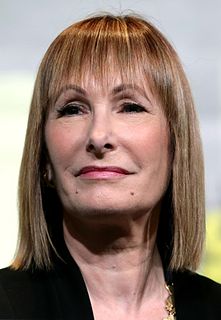A Quote by Patrick Lencioni
Members of trusting teams admit weaknesses and mistakes, take risks in offering feedback and assistance, and focus time and energy on important issues, not politics.
Related Quotes
An organization belongs on a sick list when promotion becomes more important to its people than accomplishment of their job they are in. It is sick when it is more concerned with avoiding mistakes than with taking risks, with counteracting the weaknesses of its members than with building on their strength. But it is sick also when "good human relations" become more important than performance and achievement.
Micromanaging erodes people's confidence, making them overly dependennt on their leaders. Well-meaning leaders inadvertently sabotage their teams by rushing to the rescue and offering too much help. A leader needs to balance assistance with wu wei, backing off long enough to let people learn from their mistakes and develop competence.
Hot groups have members who are task-obsessed and full of passion. They share a style which is "intense, sharply focused, and full bore. Members feel engaged in an important, even vital and personally ennobling mission; their task dominates all other considerations; and although such intense teams tend to remain intact only for a relatively short period of time, that time is remembered nostalgically and in considerable detail by its members.
Step one is to take ownership of figuring strengths ans weaknesses out. It starts with writing them down but, to take ownership, you have got to seek feedback of those who directly observe you - this is scary and uncomfortable for many people. It's no fun to hear negative feedback and most people don't want to stick their necks out to give it to you. So, you have to ask.
Practice following your intuition in everyday things, trusting your gut feelings moment by moment and acting on them as best you can. As you learn to trust yourself in smaller matters, you will build power and confidence to take bigger risks and deal with the larger issues in your life successfully.
When large companies take on risk, then they impose risks on the rest of the system. And these are systemic risks and these systemic risks we never used to think were really that important, but as soon as we recognize how the financial sector - the risks the financial sector takes on can impact the entire global economy, we realize that those risks needed to be controlled for the social good.
I learned that everyone makes mistakes and has weaknesses and that one of the most important things that differentiates people is their approach to handling them. I learned that there is an incredible beauty to mistakes, because embedded in each mistake is a puzzle, and a gem that I could get if I solved it, i.e. a principle that I could use to reduce my mistakes in the future.


































